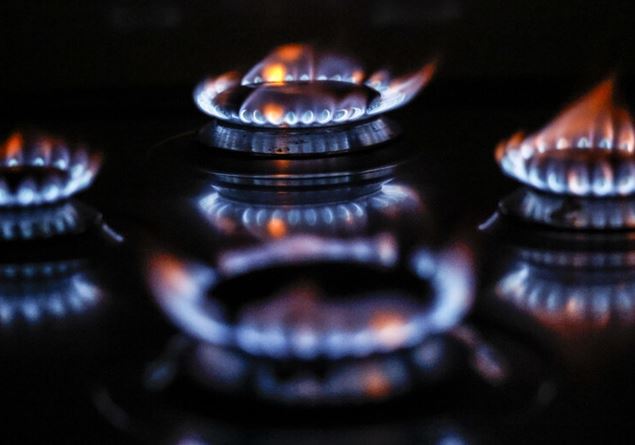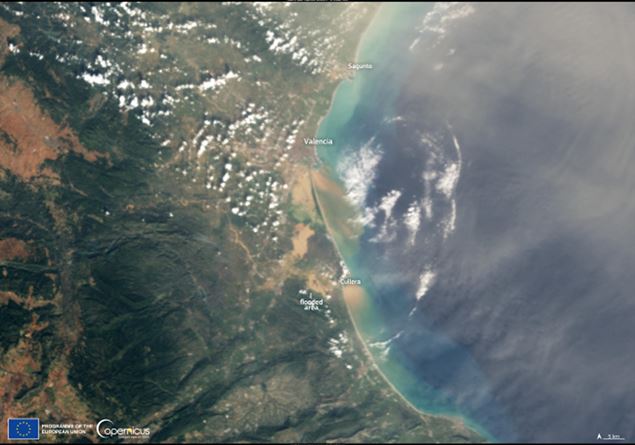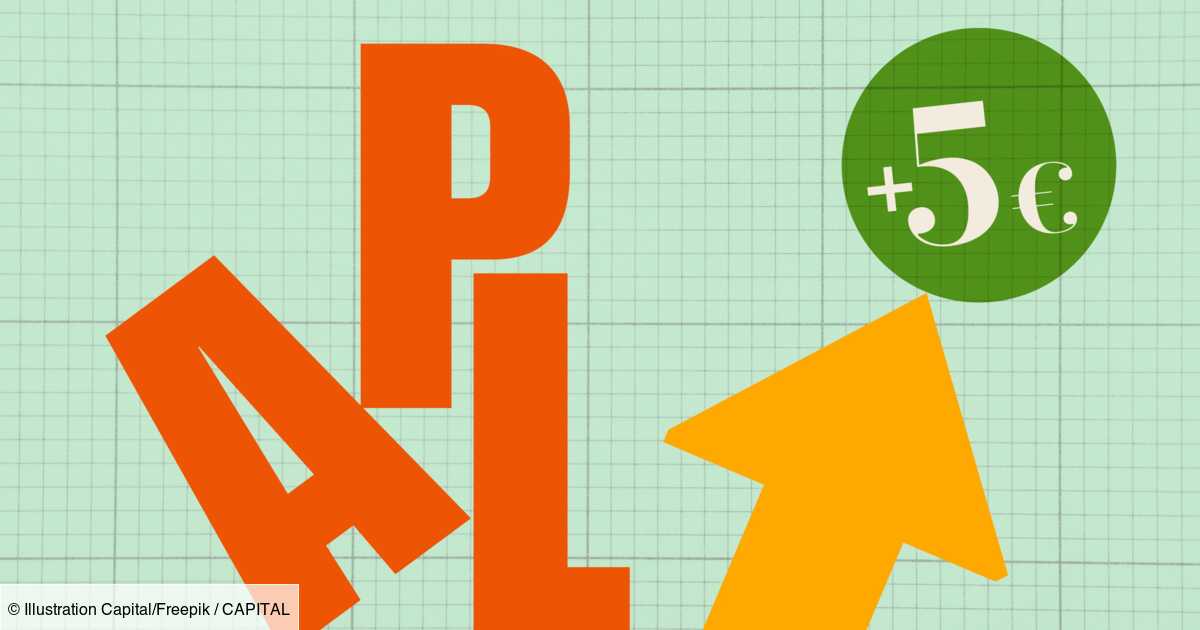
The research, exposed directly by the president of the opinion poll body Nando Pagnoncelli, was commissioned by Energy Bank Foundation is a non-profit organization founded on 14 April 2016 following A2A’s “Forum Ascolto” initiative, a process started in 2015 as a moment of discussion with civil society. A reality that in 2022, following the reform of the Third Sector and the entry into force of the Single National Register of the Third Sector), Banco dell’Energia transformed from a non-profit committee to a philanthropic organization foundation.
In this context, the president of Ipsos Italia underlined how important it is to have greater information on the phenomenon and on measures to combat it. Also because in 2022, according to the latest OIPE Study, following the Russian invasion of Ukraine, the average annual energy expenditure – electricity and heating – of Italian families increased by 32% compared to 2021, reaching 1,915 euros, equal to an increase of 500 euros compared to the previous year (2021). Specifically, spending on electricity and network gas grew by 35%, compared to a corresponding growth in prices of 50% and 34.7% respectively. Considering all energy sources for heating, spending increased by 29% compared to 2021.
The IPSOS study. During the meeting, the survey carried out by Ipsos in collaboration with Banco dell’Energia was presented, from which it emerges that attention towards energy consumption remains a very relevant topic: 40% of families also look carefully at saving strategies on bills and this despite only one Italian in five (22%) declaring that they have implemented consumption based on efficiency.
The fear of not being able to pay electricity and gas bills worries 16% of Italians. A percentage lower than that of 2022. If two years ago it was in fact one in two families who had a “deeply felt concern”, today we are talking about less than one in three families. For 58% of Italians, energy poverty is a problem that affects our country closely. However, only one Italian in five (21%) claims to have in-depth knowledge of the problem, while 41% have only heard of it. Hence the difficulty in defining the extent of the phenomenon: according to Italians, around 20% of families are currently affected by energy poverty.
«The results of the study paint the image of a country that is reacting to economic challenges, although aware that it still has to face a period of great uncertainty. The phenomenon of energy poverty remains a critical issue, with which Italians are however little familiar. It is certainly important to intensify training efforts to increase awareness of these issues among citizens, making them fully aware of the real extent of the problem and how individually they can contribute to making choices consistent with personal and collective objectives. From this perspective, Renewable Energy Communities could represent a valid solution full of potential to address this problem too, although significant support from institutions and companies is essential to break down the current perceived barriers”, explains Nando Pagnoncelli.
At the end of 2022, according to the indicator used by OIPE, there are 2 million families in conditions of energy poverty, equal to 7.7% of the total.
Also guest of the round table organized by the Energy Bank was Professor Paola Valbonesi of the Italian Observatory on Energy Poverty, who underlined how some subjective indicators do not register part of the phenomenon and giving much more optimistic data. «We need a national and European policy that starts from data and mapping, which is why what we are doing looks in this direction» said Professor Valbonesi.
In fact, climate change is leading and will increasingly lead to having less expenditure in terms of heating, but more for air conditioning. To this “substantial draw” must be added the energy efficiency of Italian homes which, despite the billions spent on building bonuses in recent years, has not led to improvements in terms of housing for low-income people.
A topic on which the government ensures that it wants to monitor with a strategy that is “multifaceted and diversified” as underlined by Lucia Albano, undersecretary of the Ministry of Economy and Finance who participated remotely in the event
Meanwhile, the Banco dell’Energia Foundation has created a network of companies, trade associations, Third Sector organisations, institutional representatives and other stakeholders who share the same values to raise public awareness and implement concrete actions to deal with this serious social emergency . They are indeed over 80 signatories of the Manifesto proposed by the Bank and who are committed to making energy efficiency tools accessibleraise awareness about energy consumption and support, through the implementation of targeted projects, those who find themselves in a condition of economic and social vulnerability.
«The Manifesto ‘Together to fight energy poverty’ represents the shared desire to create a model of transversal solidarity, increasingly broader in terms of planning, participation and continuity. This sixth Plenary, which grows stronger every year, is a source of pride!, comments Roberto Tasca, President of the Energy Bank. He adds: «With the projects already implemented we have managed to provide support to many families in difficulty throughout Italy and with the new initiatives we are ready to do even more next year: activities ranging from financial support to training, made possible thanks to the collaboration of numerous companies, organizations and local entities present throughout the country. For this reason we gratefully welcome the 8 new realities that have decided to join the signatories of the Manifesto. Today’s meeting is an opportunity to take stock of the results achieved but also to confirm our commitment to reducing inequalities, starting with fair access to energy.”
For this reason, the Energy Bank will implement 30 new projects in 2025 to support vulnerable families throughout the national territory, to follow up on the aid provided to 700 poor families in the metropolitan area of Cagliari, recipients of two thousand gas cylinders distributed by the Domus de Luna Foundation. People, children who still live in homes in 2024, in a regional capitalwhich are not reached by the gas network. The project is called “Energy in the suburbs”, and saw the Energy Bank land in the Santa Teresa district of Cagliari with 2000 cylinders and thanks to the collaboration with Edison and the social organization Domus de Luna. Here are the ideas and concrete projects to combat energy poverty.






